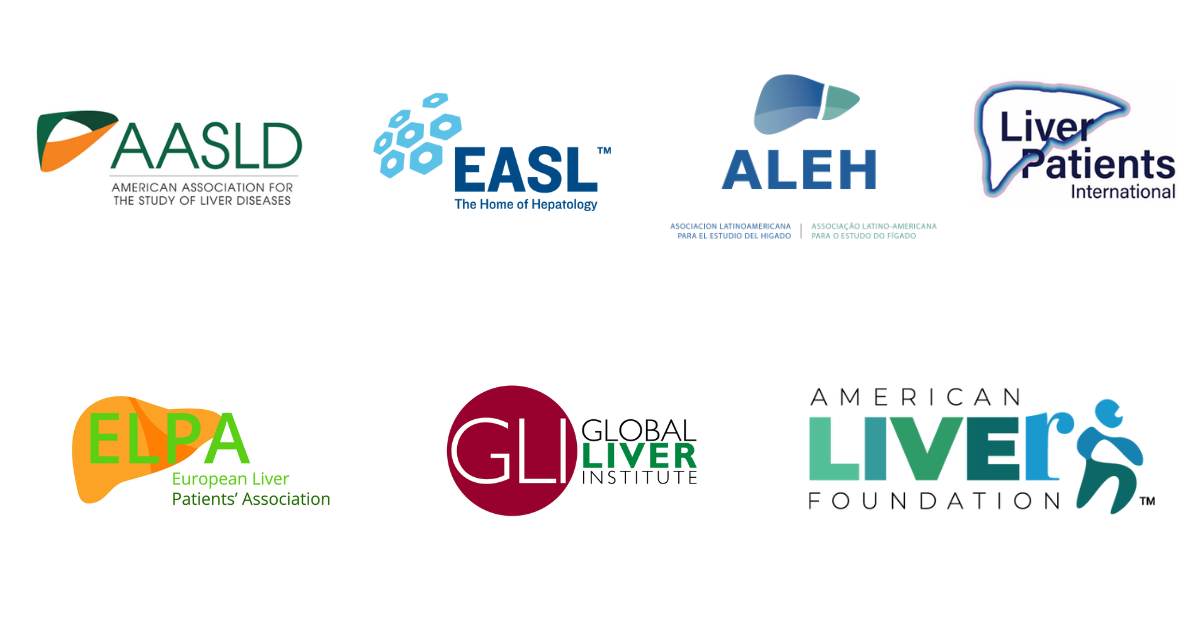NAFLD Nomenclature Consensus Meeting High-Level Output
The 2-day meeting in Chicago on 8-9 July 2022 convened 129 consensus survey participants in person or online. The participants originated from 32 countries, representing multiple societies including AASLD, EASL, APASL, ALEH, AGA and UEG, patients and patient advocacy organizations, regulators and industry representatives.
The focus of the discussions was on issues related to nomenclature (and implications in terms of scientific accuracy and stigma) and disease definition (in particular, inclusion of more than currently allowed alcohol use, retention of the concept of steatohepatitis). It also covered the potential impact of any change of nomenclature both with and without an accompanying change in disease definition on various topics, such as disease awareness, patient and provider acceptability, interpretation of existing and evolving data in the field, reporting/monitoring and biomarker qualification.
The full group at the meeting agree that any nomenclature should be:
- Affirmative – non-stigmatising and respectful of other branches of medicine
- Accurate in its description of the condition
- Adaptable providing a platform which allows for inclusion of past, present and future knowledge
- Adoptable – simple, clear and understandable as well as translatable
- Applicable across all patients and full age spectrum (paediatric through adult)
- Able to define contribution of alcohol where greater than previously permitted
Other points with broad agreement/acceptance of their importance included:
- When considering the name of the disease, the use of the term ‘fatty’ and ‘alcohol(ic)’ was stigmatizing to some but not all patients/patient groups.
- Changing the definition of the disease may impact on existing biomarker and therapeutic data hence a suggestion to focus solely on nomenclature while retaining the current definition of NAFLD.
- With respect to the definition of the disease, more than moderate alcohol use should be considered a separate disease category even when in the setting of patients with metabolic risk factors. It should be studied independently in the context of clinical trials and biomarker development, given its confounding effect.
- Steatohepatitis should remain an endpoint for clinical trials and as part of the disease stratification, due to its established role in disease progression.
It was agreed that the steering committee would review all input and prepare the next Delphi round(s) by mid/late August with outcomes communicated in September.
In the event that a new name is proposed in the next round of the survey it will only be taken forward if there are reassurances from stakeholders including FDA/EMA and industry partners that it will aid and not negatively impact on drug/biomarker development.


